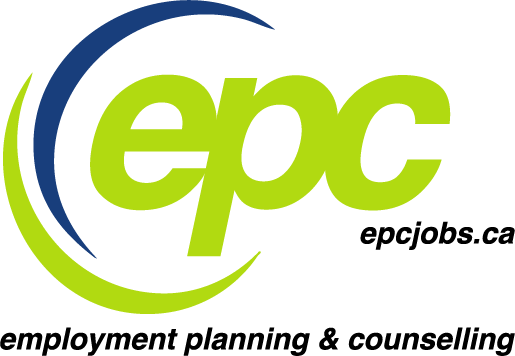As I celebrate 25 years working at EPC, I am amazed at how quickly the time has gone by. Starting twelve years after the organization opened its’ doors, I was present for a significant transition whereby our youth employment counselling center became a one-stop resource for job seekers of all ages. However, his story is not about me or EPC but instead focused on the founder of this progressive, client-centered not-for-profit organization, Bill O’Byrne. If you don’t believe that one person can make a dramatic impact on an entire community, I urge you to read on.








